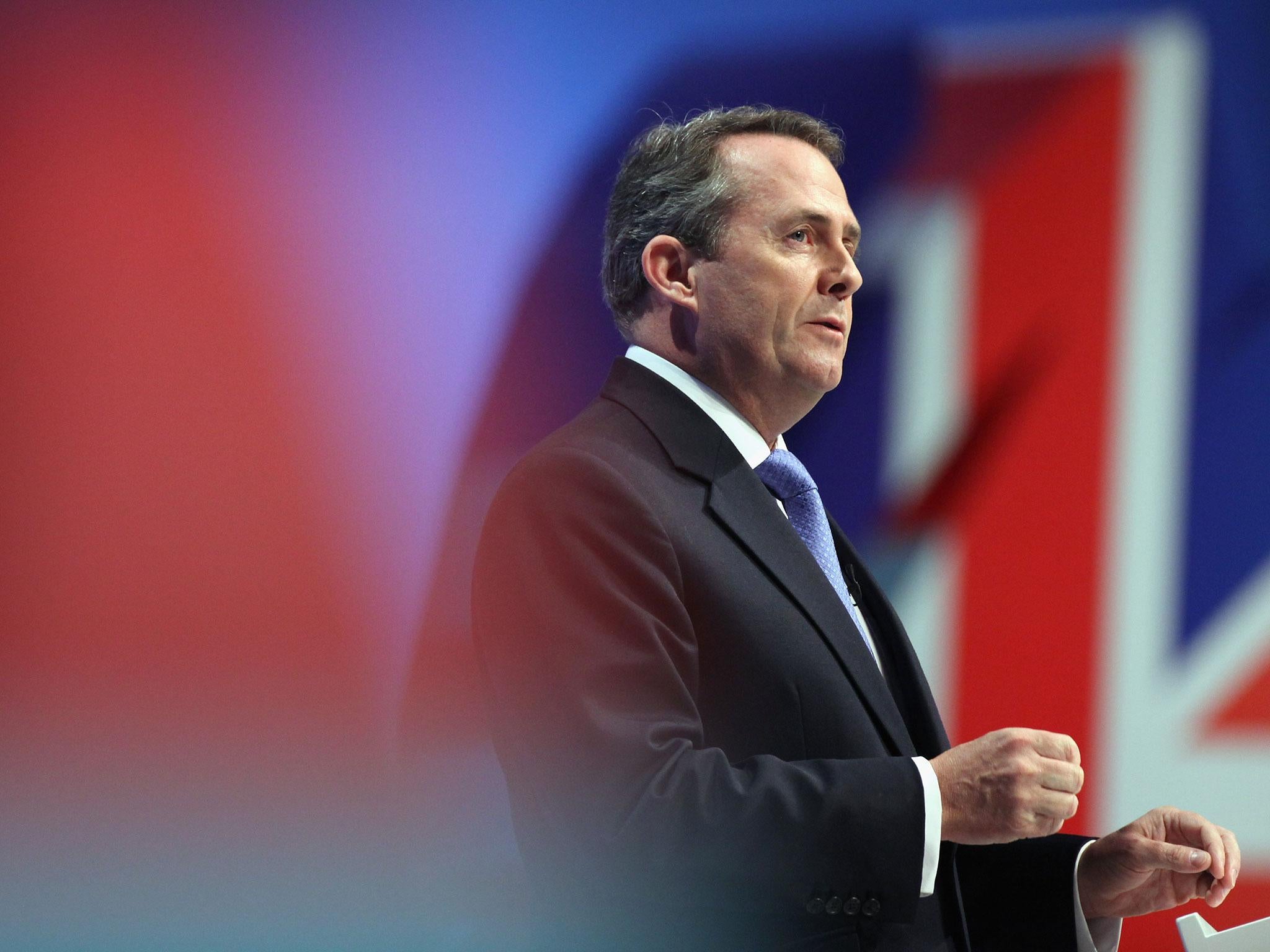UK government post-Brexit plans to create Africa free-trade zone are being internally branded 'Empire 2.0'
Th term was coined by sceptical officials, worried about the importance given to Commonwealth trade deals ahead of Brexit negotiations

Your support helps us to tell the story
From reproductive rights to climate change to Big Tech, The Independent is on the ground when the story is developing. Whether it's investigating the financials of Elon Musk's pro-Trump PAC or producing our latest documentary, 'The A Word', which shines a light on the American women fighting for reproductive rights, we know how important it is to parse out the facts from the messaging.
At such a critical moment in US history, we need reporters on the ground. Your donation allows us to keep sending journalists to speak to both sides of the story.
The Independent is trusted by Americans across the entire political spectrum. And unlike many other quality news outlets, we choose not to lock Americans out of our reporting and analysis with paywalls. We believe quality journalism should be available to everyone, paid for by those who can afford it.
Your support makes all the difference.Plans by government ministers to boost trade links with African Commonwealth countries are being internally branded “empire 2.0” by sceptical officials who are worried about the importance being placed on such deals ahead of the UK’s negotiations of leaving the European Union (EU).
International Trade Secretary Liam Fox is expected to promise to build better links with the whole of the 52 member countries of the Commonwealth when ministers from each country meet in London later this week.
But as the UK is prepares itself to leave the European Union, The Times reports that British ministers are planning to talk with the group's African nations about building a free trade zone on the continent.
Some sceptical officials have dubbed the proposals “empire 2.0” as they are worried about the importance given to Commonwealth trade deals ahead of the UK’s negotiations of leaving the EU, the newspaper reported.
During the meetings with leaders this week, Britain is expected to guarantee all developing nations that their trading relationships with the UK will not get worse after Brexit. Instead they will insist that these trade links could improve.
Formal negotiations to create an African free trade area covering 26 countries across the length of the continent, have already been rubber stamped by Commonwealth countries in 2011.
But it is hoped that a deal between Britain and the Commonwealth heads of government could be signed next year.
Whitehall sources have said they also hope to have an outline of the deal with Australia, New Zealand and Canada by then.
Trade specialists are however, less optimistic about the idea, not the least because of the diversity of countries inside the Commonwelath and their respective ties with the EU.
However, Lord Marland, chairman of the Commonwealth enterprise and investment council, told The Times that the meeting would explore ways to boost trade between the countries.
“When the UK joined the EU it tore up its previous agreements with Commonwealth allies and it will now need to set about rebuilding these relationships for trade,” he said. “Luckily these are old friendships, but as with all relationships, they will require a lot of effort to make them work.”
Join our commenting forum
Join thought-provoking conversations, follow other Independent readers and see their replies
Comments